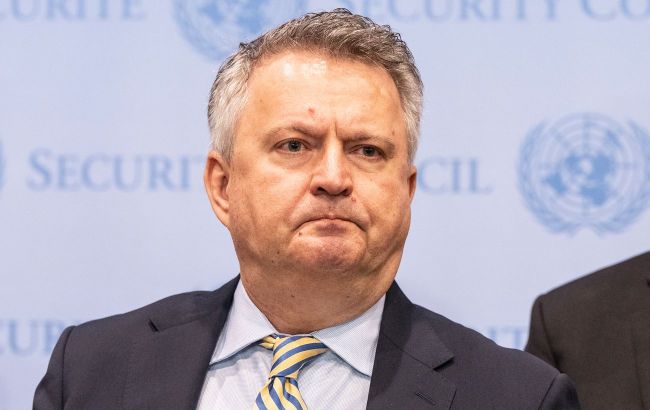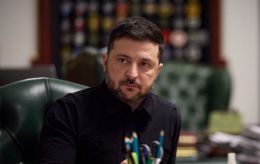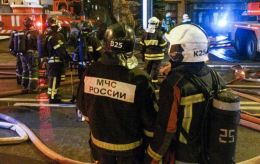Ukraine's top diplomat shares how Ukraine-Russia talks in Istanbul were interpreted
 Photo: First Deputy Foreign Minister Sergiy Kyslytsya (Getty Images)
Photo: First Deputy Foreign Minister Sergiy Kyslytsya (Getty Images)
First Deputy Foreign Minister Sergiy Kyslytsya said on a telethon broadcast that during the talks in Istanbul between Ukraine and Russia, interpretation was provided in four languages. This made it possible for all participants to communicate effectively.
The First Deputy Foreign Minister of Ukraine shared details about the negotiations between the Ukrainian and Russian delegations in Istanbul.
According to him, the Turkish side, which organized the meeting, was responsible for arranging the interpretation.
"To the credit of the Turkish side, which organized the talks — they were properly organized even in terms of the room's layout... There was enough distance between us and the Russians. And, returning to the language, a very high-quality interpretation was arranged — there was interpretation in Ukrainian, Russian, Turkish, and, it seems, English. We used both English and Ukrainian — the Russians spoke Russian," Kyslytsya said.
Ukraine-Russia talks in Istanbul
A meeting between Ukrainian President Volodymyr Zelenskyy and Russian President Vladimir Putin was scheduled for May 15. However, despite the agreement, Putin did not travel to Turkey, while Zelenskyy did.
Even without Putin, the Ukrainian and Russian delegations still met at a lower diplomatic level.
On May 16, the meeting took place in Istanbul. It marked the first direct contact between the two countries in three years.
For more details on the negotiations, read RBC-Ukraine's report.
New round of talks
Recently, President Zelenskyy said Ukraine is already discussing the possibility of a new round of talks with its partners.
He noted that three locations are currently being considered for the meeting: Istanbul, the Vatican, and Switzerland.
The Presidential Office of Ukraine also recently highlighted which European countries are most active in supporting the peace process.

